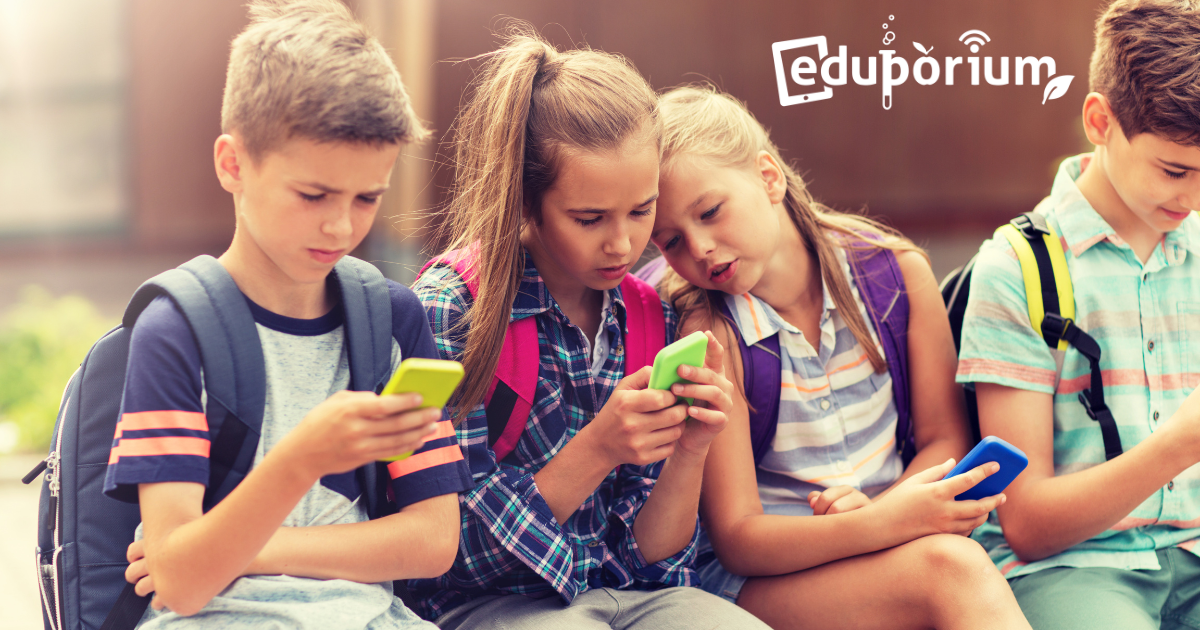In the past years we could rarely use our digital devices in the classroom. It was commonly believed that they distract students and also disturb teacher’s work. Now more and more high schools and universities allow using smartphones in class thus making the process of education more interesting. How could we use our smartphones during a class or lectures? There are plenty of ways to do it.
Access to Information
You have direct access to the Internet or to some internal network that allows you to find theories, definitions, images, sample academic papers, instructional guides and much more. For instance, if you don’t understand how to write an informative essay outline explained in the class, don’t wait for too long, just check it on the Internet. It will help you be more interactive. If you comprehend better, you could ask questions and participate in discussions.
Audio Lectures and Video Recording
Listen to your teacher and record his lecture simultaneously; or, record a video during important discussion or debate. In that way it will be easier for you to be active in class and at the same time to record everything that is happening around. We all agree that no one could remember everything that people say during a discussion. Your digital device will do that work for you.
Interactive Whiteboard
There are schools in which teachers use interactive whiteboard. They give presentations or show tables, images, videos on their smartphone or tablet, and then you could have access to it during the lesson (via internet, internal network or merely a Bluetooth device). The era of whiteboards and markers is almost gone.
Dictionaries and Textbooks
We don’t need to carry heavy textbooks or dictionaries anymore. You can now download applications or e-books, or have direct access to online dictionaries. It is pretty useful during foreign language lessons. Of course, don’t use it during tests because it’s strictly forbidden and you might be expelled from the class.
We should also add that e-books are gradually replaced by special applications. It is a matter of future debate but now it seems impossible for e-books to increase student’s motivation and interest as apps do it.
Presentations
You can prepare and give presentations through your smartphone (either using an Internet network, or through a big screen in the classroom). You have easy access to videos on the web. Besides, thanks to some special apps your gadget will be transformed into a wireless computer mouse.
After Class
All recorded files will stay with you as long as you want, so you will be able to analyze all the information provided by your teacher at your own convenience. In order to be more prepared for exams, use quiz modes of various apps and track your progress. Take tests in your free time, watch educational videos and surf the Internet. Thus, you will be one step forward from your classmates. Speaking about classmates, it would also be easy to communicate with them if for some reason you have skipped classes; they will tell you what assignments you have and how to prepare for the next lesson.
Warnings
In the classroom, you shouldn’t be using anything that doesn’t have any connection with the current lesson/lecture, like Skype conversation, browsing Facebook, taking pictures of your classmates, intentional disturbing of the teacher, etc. Smartphones usually lead to distraction and should be used very rationally. There is no computer in the world that could replace a human brain. Our digital devices should be regarded as our friends and assistants, but we take decisions, solve problems and analyze information. Respect yourself and the others: don’t disturb them and don’t abuse with your privilege (as using smartphones proves to be).
You are absolutely free to choose what to do with your own smartphone. Yet, during a lecture you should abide by the class’s strict rules. If you have a good teacher or lecturer, they will be able to teach in a funny and interesting way by the means of digital devices. Turn your smartphone into your assistant and the positive effect will soon follow.
Author Bio: Ben Russel is an educator and blogger living in Fresno, California. He’s passionate about inspiring innovation in education sphere. He also consults a few online writing companies and student exchange organizations.



